Plastic Mould Maker
-
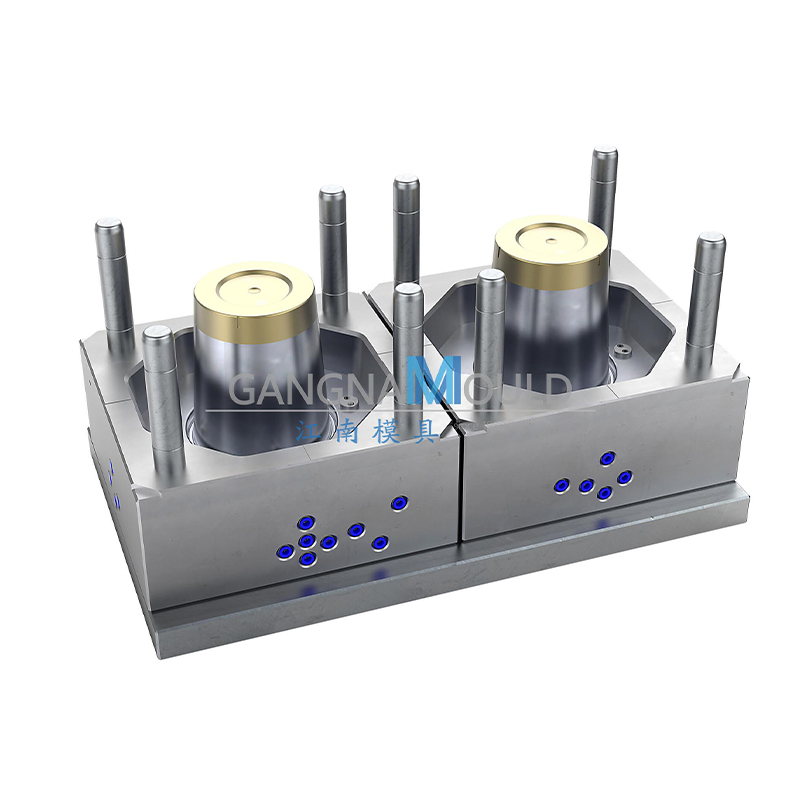
JN-265 High-precision coating barrel injection mold
Contact Us -
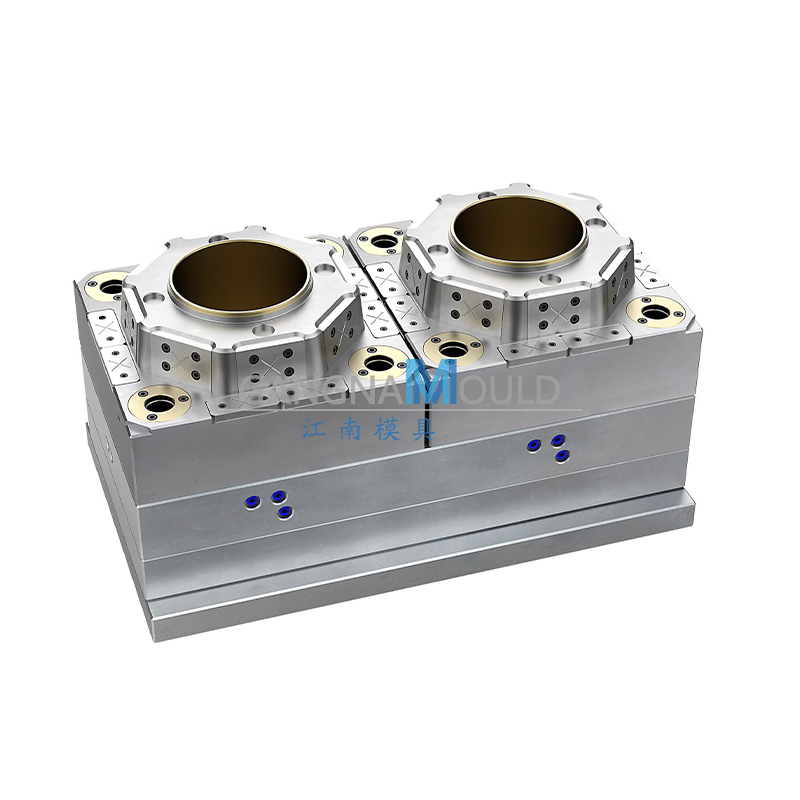
JN-264 High-precision coating barrel injection mold
Contact Us -
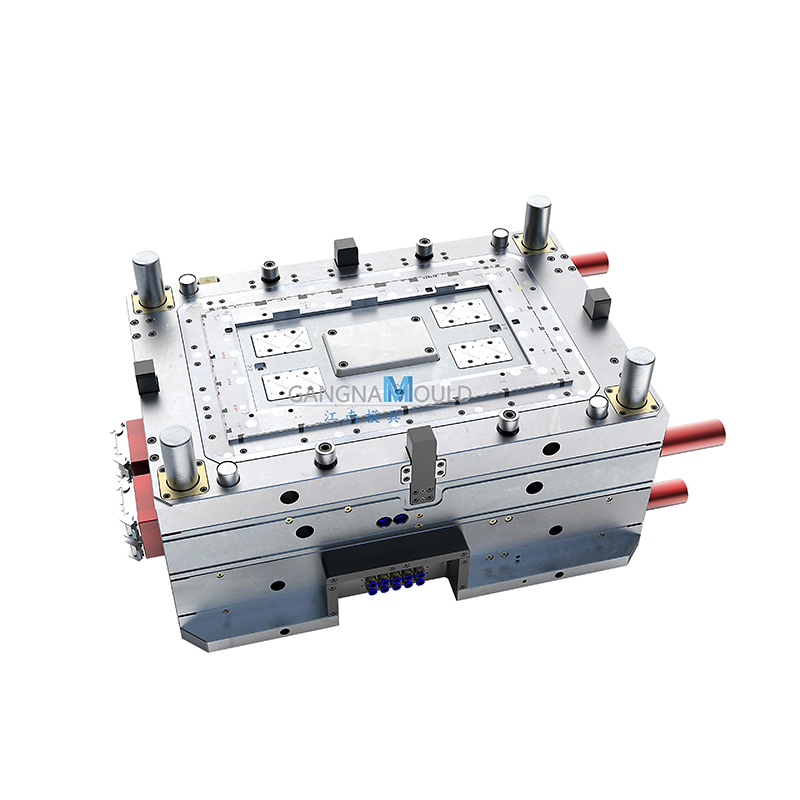
JN-009 TV parts injection mold
Contact Us -
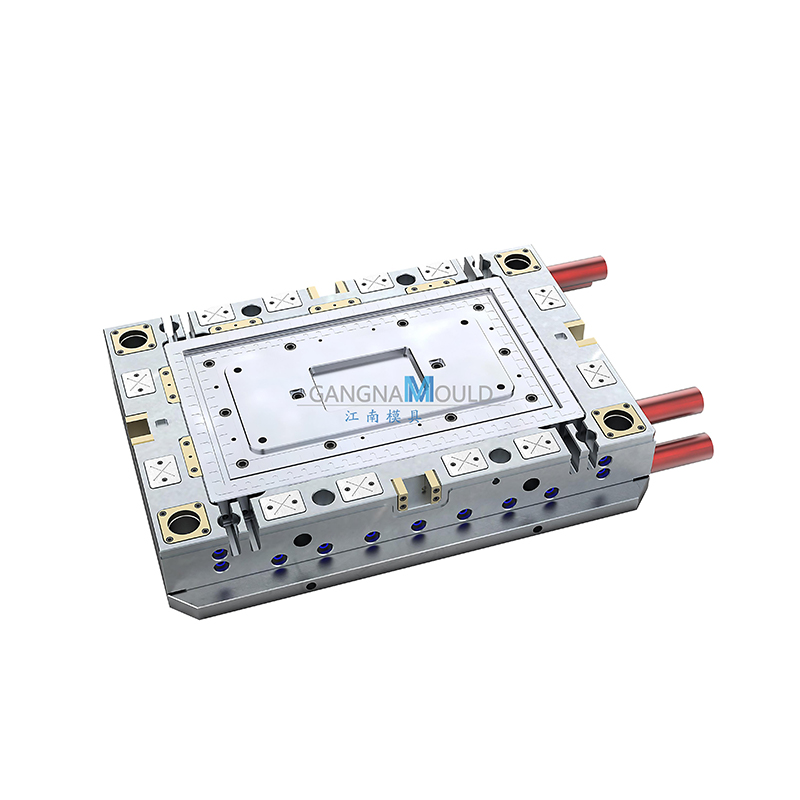
JN-008 TV parts injection mold
Contact Us -

JN-075 High-speed injection molding thin-wall food container mold
Contact Us -
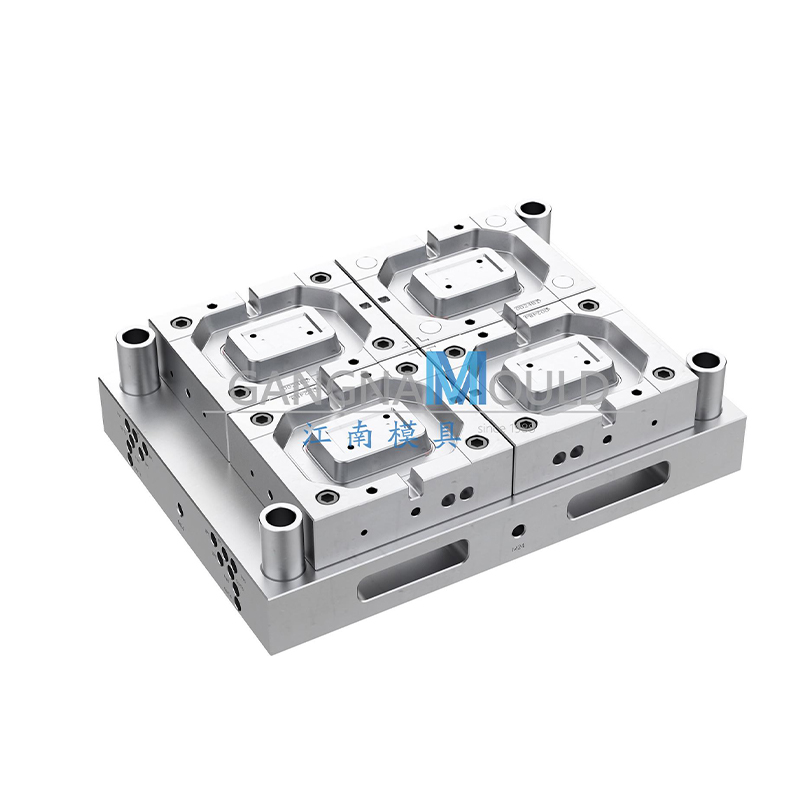
JN-076 High-speed injection molding thin-wall food container mold
Contact Us -
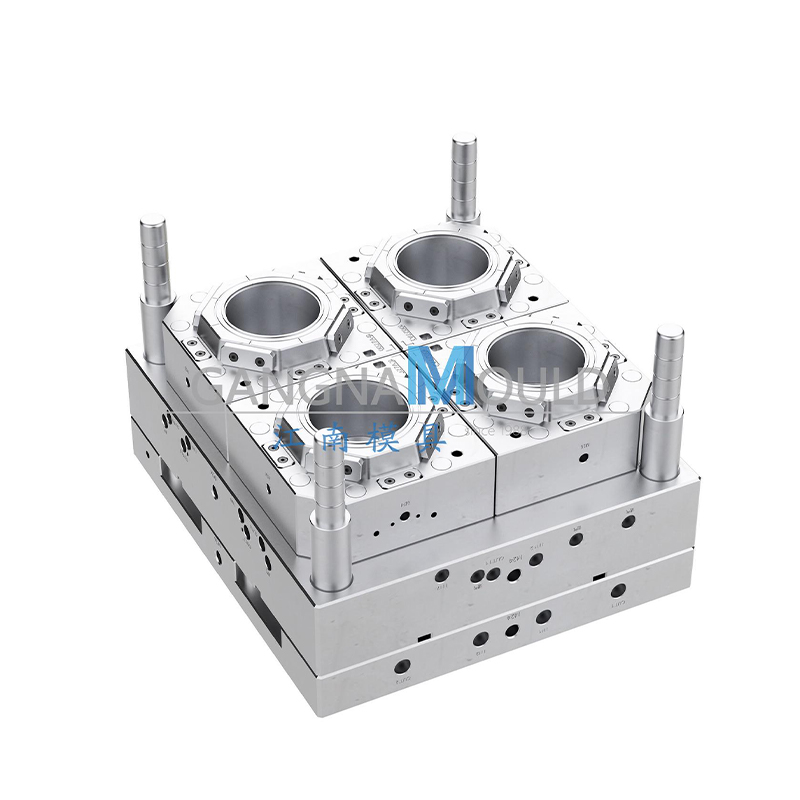
JN-077 Thin-walled plastic injection molding disposable cup mold
Contact Us -

JN-078 Thin-wall plastic injection molding disposable cup mold
Contact Us -

JN-080 Thin-walled plastic round cup injection mold
Contact Us -
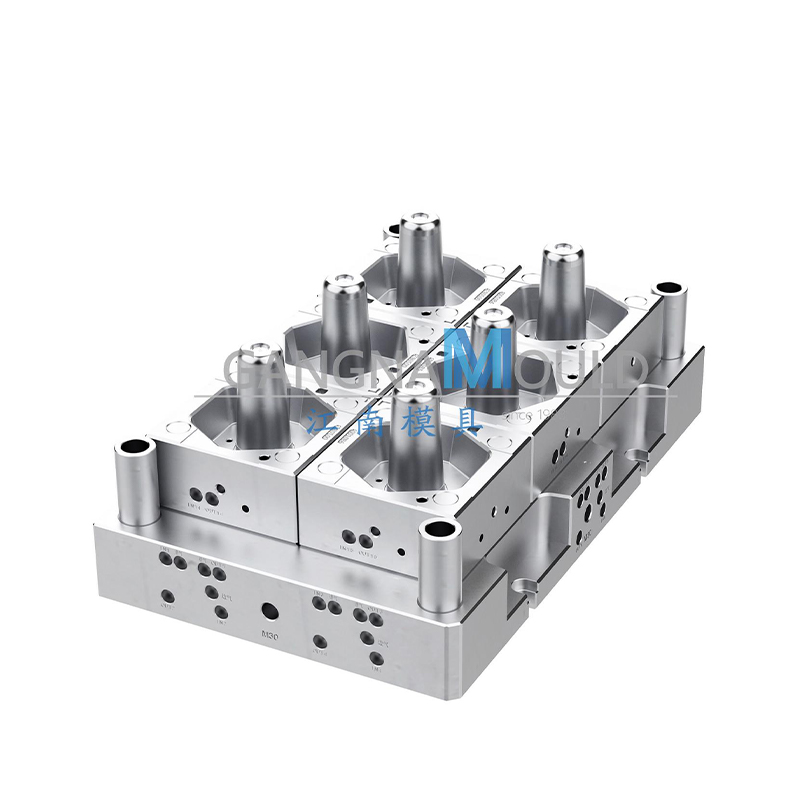
JN-079 Thin-walled plastic round cup injection mold
Contact Us -
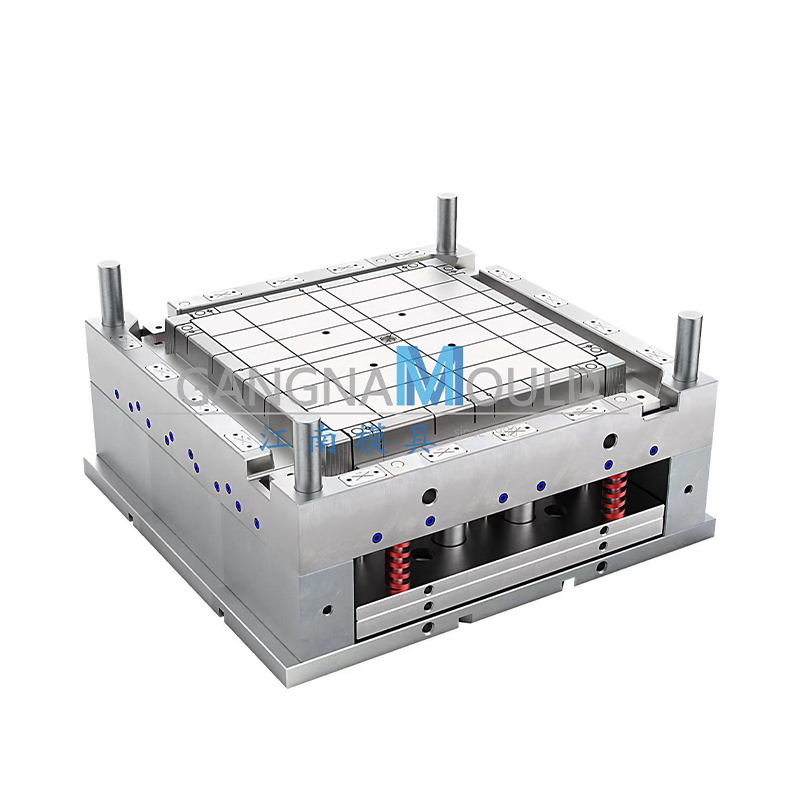
JN-203 High-precision injection molding coffee table mold
Contact Us -

JN-204 High-precision injection molding coffee table mold
Contact Us -

JN-205 Plastic outdoor/indoor table injection mold
Contact Us -
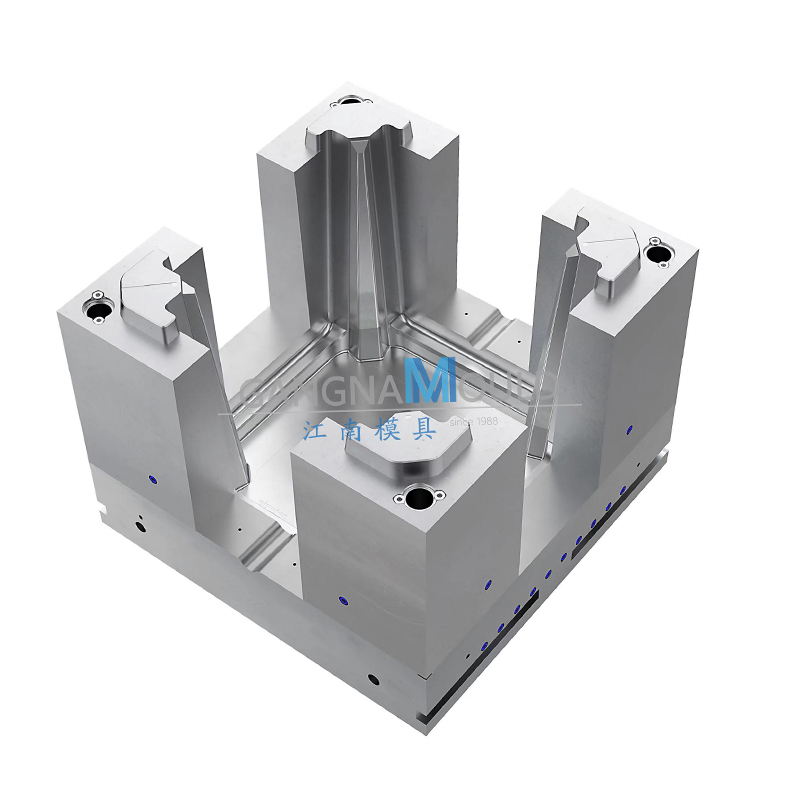
JN-205 Plastic outdoor/indoor table injection mold
Contact Us -

JN-187 Garden plastic injection molding chair mold
Contact Us -

JN-186 Garden plastic injection molding chair mold
Contact Us
ABOUT GANGNAM MOULD
At Gangnam Mould, we specialise in the R&D and manufacturing of high-precision moulds. We design and produce plastic moulds for a variety of everyday items, logistics packaging (such as trays and turnover boxes), household appliances, and hollow blow moulding.
Thanks to our advanced technology and extensive experience, we are able to provide efficient and reliable mould solutions to customers around the world, helping them to improve productivity and market competitiveness.
Gangnam Mould now complies with ISO 9001:2015 QMS and looks forward to building long-lasting business relationships with clients and suppliers worldwide.
- 1000+ successfully executed projects.
- Excellent product quality and thoughtful customer service.

Our 37 years of customization experience has created a Gangnam-Mould brand value.
Our Proven Management System & Our Professional R&D Strength
Committed to ISO 9001 standards and a customer-centric approach, the company has built a comprehensive mold R&D and manufacturing platform, earning the trust of leading clients across industries — a true hidden champion in the field.
-

Certificate
-

Certificate
-

Certificate
News & Blogs
Industry knowledge
Plastic mould is a tool used in the manufacturing of plastic products through processes like injection molding, blow molding, or compression molding. It shapes molten or softened plastic into desired forms with high precision and efficiency. Plastic moulds are typically made from steel or aluminum to withstand high pressure and temperature. Plastic mould is a tool used to shape molten plastic into precise forms for products across various industries efficiently.
PP Mould Maintenance Tips for Consistent Output
Polypropylene (PP) mould is widely applied in the plastic manufacturing sector due to the material’s balance of strength, durability, and processability. PP is a thermoplastic polymer that can be melted and reshaped multiple times, making it highly adaptable for different molding techniques such as injection molding, blow molding, and compression molding.
When designing a PP mould, factors such as wall thickness, cooling channels, gate position, and shrinkage rate are carefully considered to achieve stable product quality. Since PP exhibits good resistance to moisture and many chemicals, moulded items are often used in containers, household products, automotive parts, and industrial components. In addition, PP has a relatively low density, which allows for lighter end products compared with some other plastics.
The mould itself is typically manufactured from tool steel or aluminum, ensuring it can endure repeated cycles under controlled pressure and temperature. Precision machining, polishing, and surface treatment are applied to extend mould service life and maintain consistent output. Maintenance practices such as cleaning, lubrication, and inspection are also essential for reliable operation.
Overall, PP moulds support efficient production of practical and versatile products. Their role is not only to shape the polymer but also to influence the performance, durability, and appearance of the finished parts.
Flexible Plastic Moulding for Durable and Adaptable Parts
Flexible plastic moulding refers to the process of creating moulded parts from materials that possess elasticity or softness compared with rigid plastics. Such materials may include flexible PVC, thermoplastic elastomers (TPE), or other specialized compounds. The moulding process accommodates these properties by adjusting parameters like temperature, injection speed, and cooling time to ensure the material flows smoothly without defects.
Applications of flexible plastic moulding are broad, ranging from protective seals and gaskets to medical tubing, soft-touch grips, and consumer accessories. The ability of flexible plastics to bend, stretch, and recover makes them suitable for parts that require comfort, vibration absorption, or a secure fit. In industries such as healthcare, packaging, and electronics, these moulded items help improve usability and functionality.
The moulds used for flexible plastics are engineered with attention to detail. Smooth cavity surfaces help prevent sticking, while optimized venting allows trapped air to escape during injection or compression. Design features such as thin walls or undercuts can be incorporated depending on the intended use of the product.
Maintenance of moulds is also important, as flexible plastics may leave residues that affect surface quality over time. Regular cleaning and inspection extend the tool’s operational life and keep production consistent.
Flexible plastic moulding offers a practical solution for manufacturers who require parts with both durability and adaptability. It enables efficient production of components that balance mechanical performance with user comfort.



 English
English русский
русский Español
Español Français
Français عربى
عربى 简体中文
简体中文


